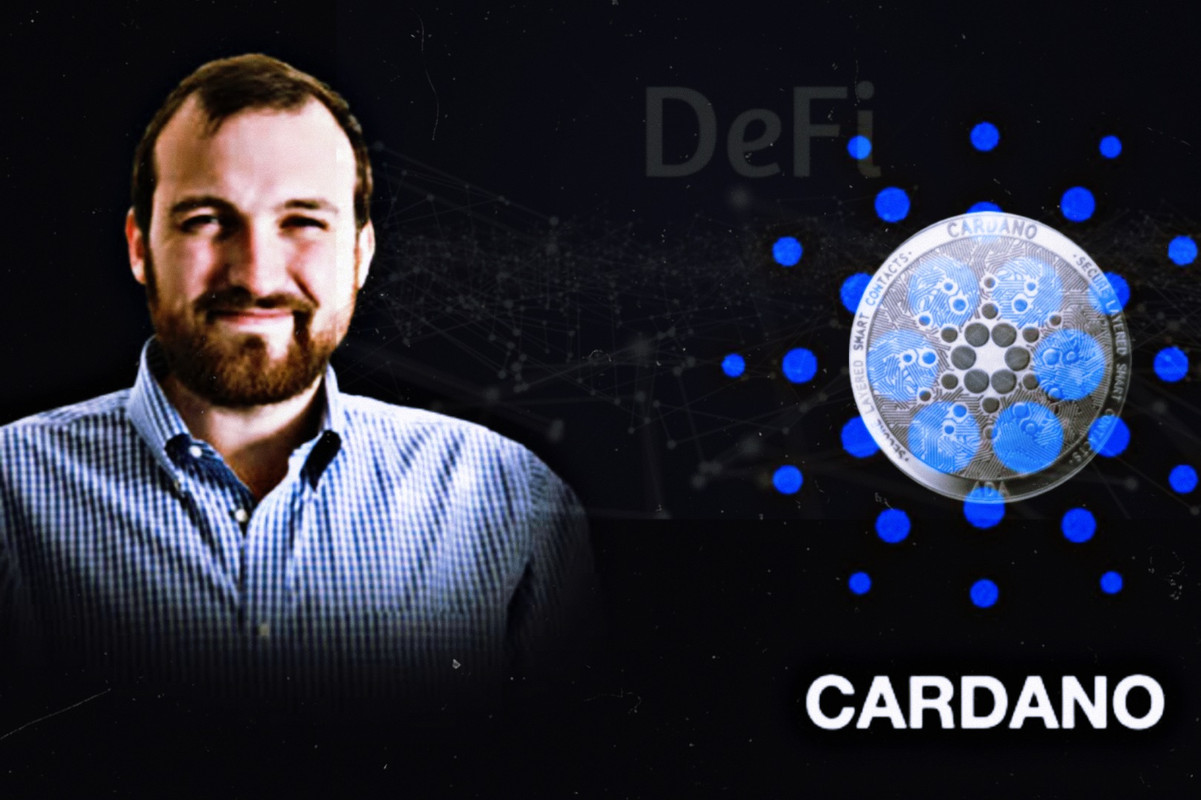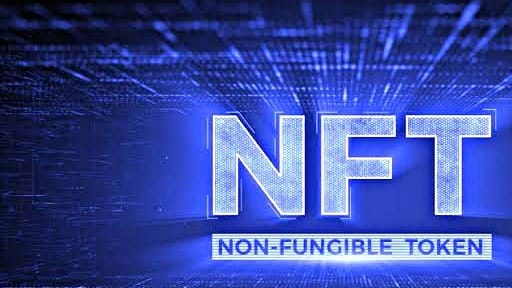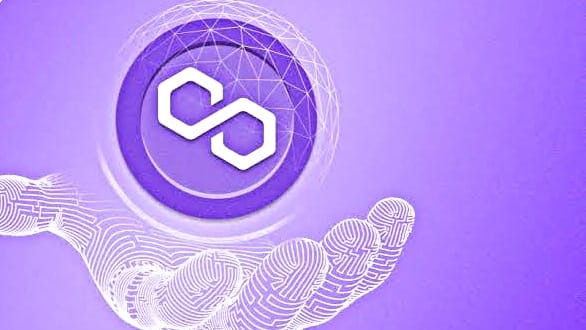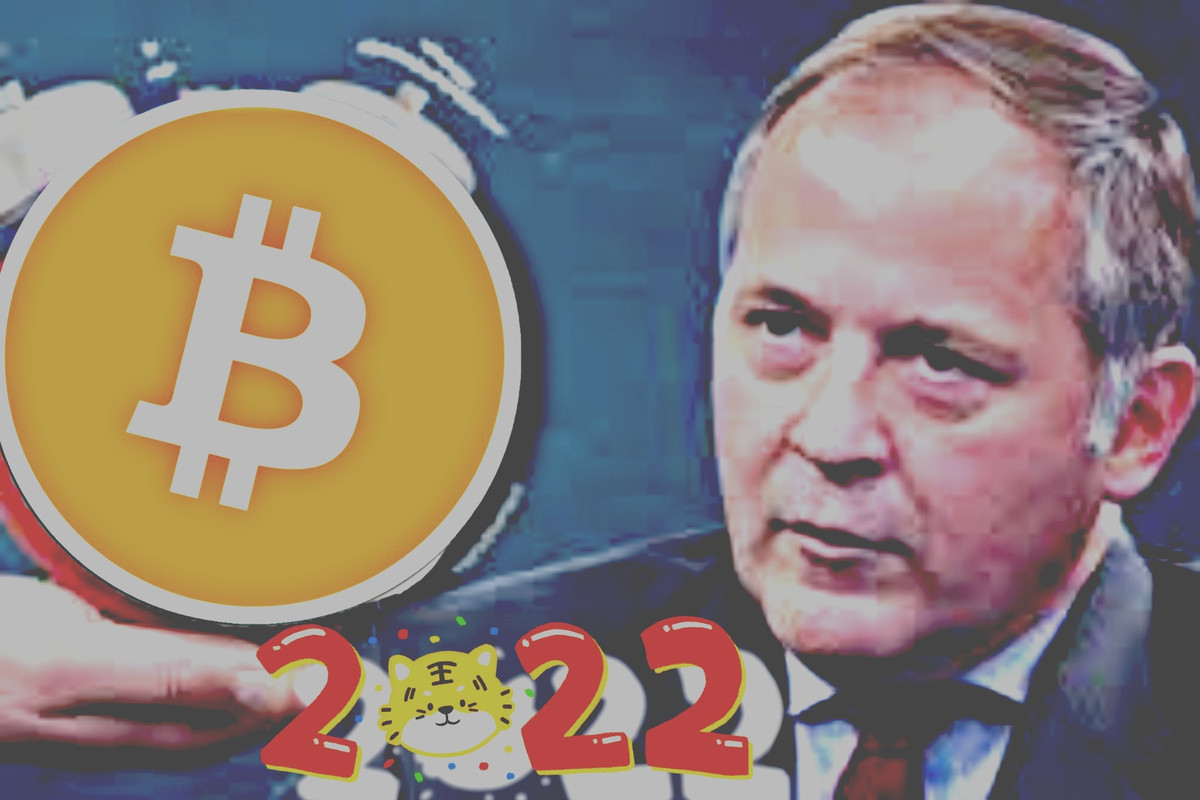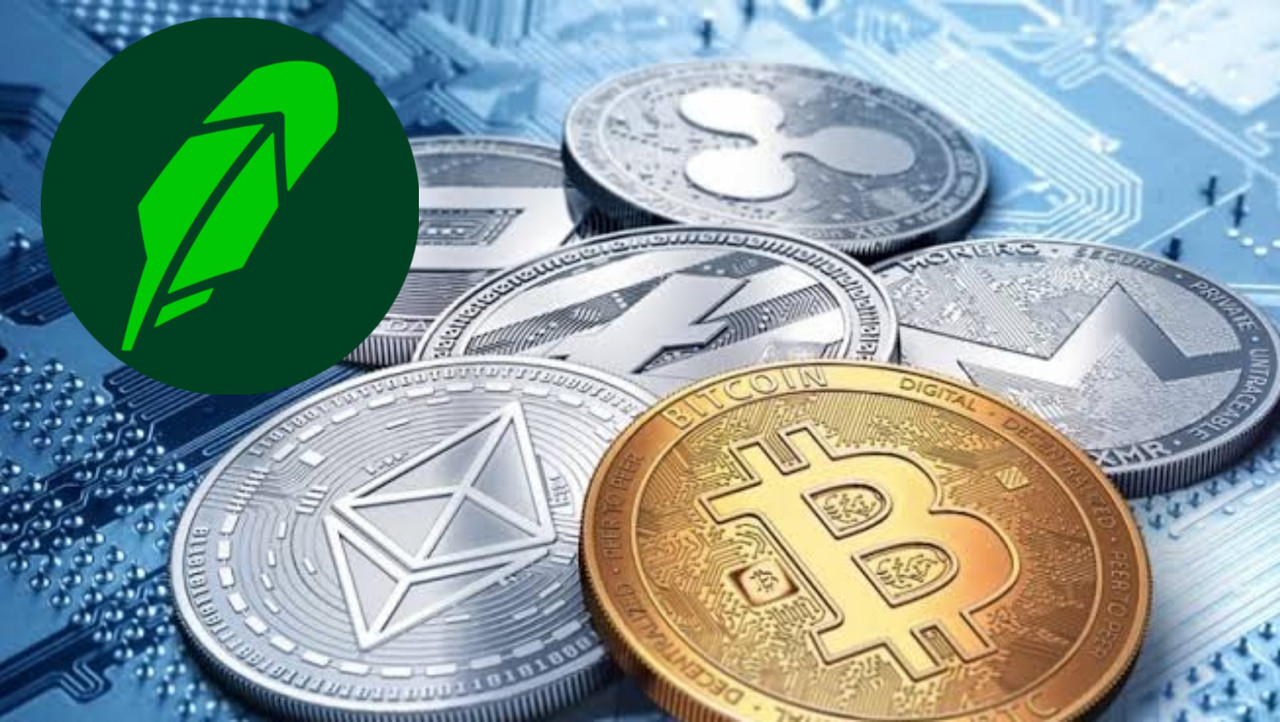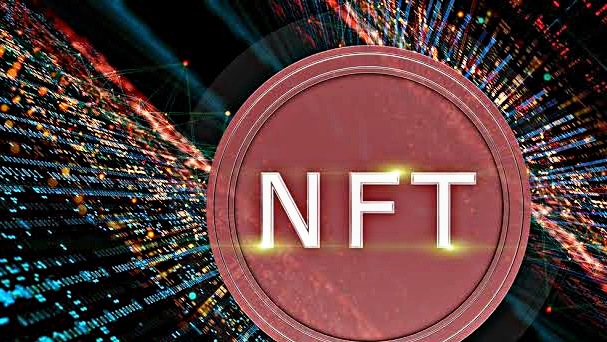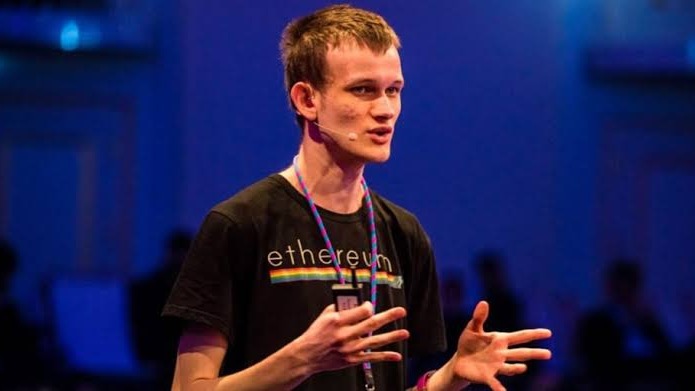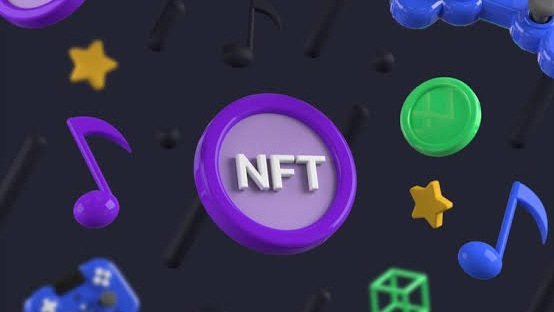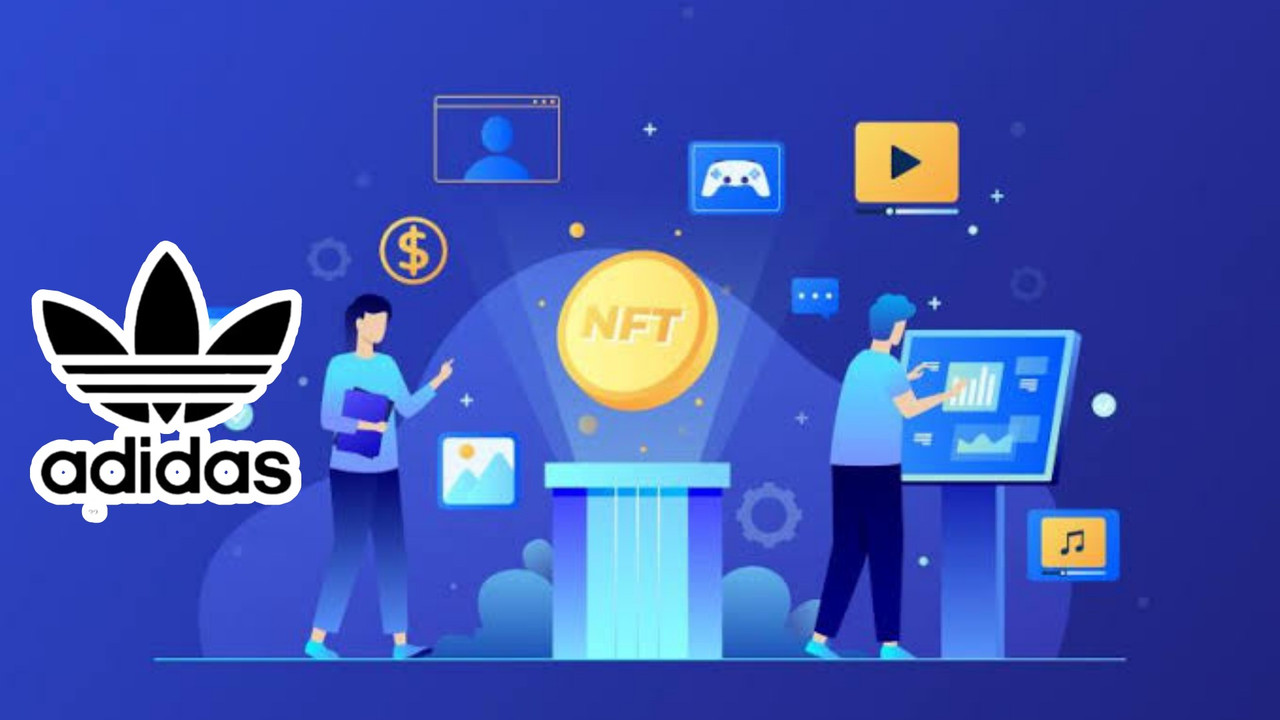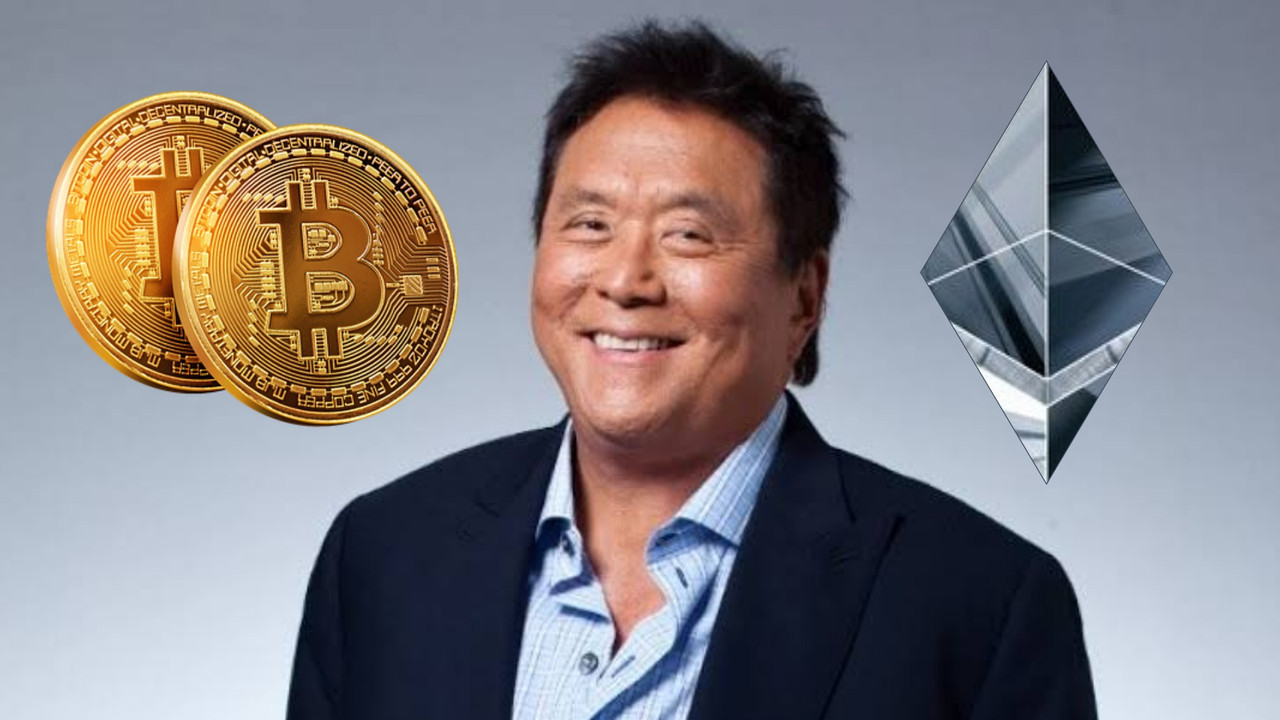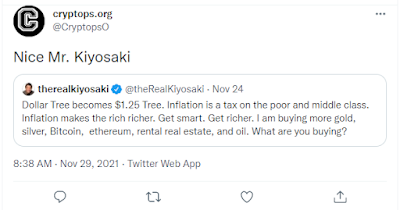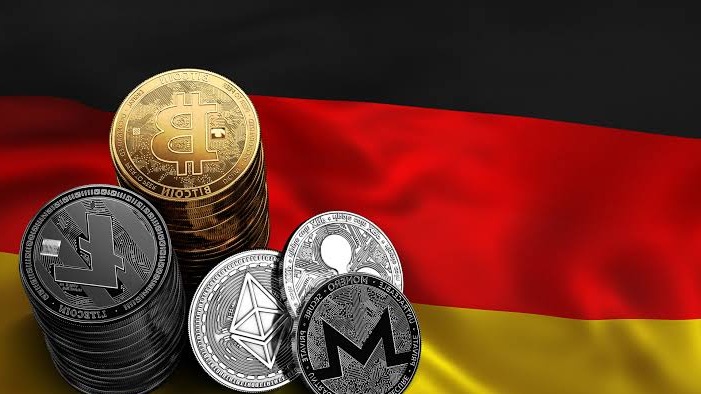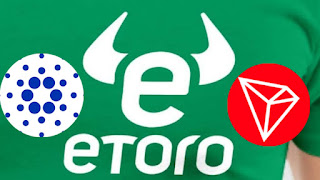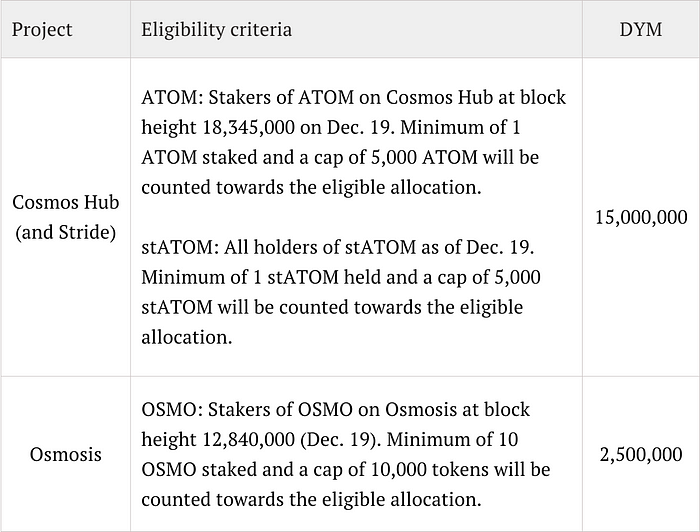Businesses may benefit from blockchain adoption if developers have access to the most up-to-date information and resources. Blockchain technology, in its most basic form, provides users with a platform for exchanging information and transactions with other people, corporations, and software. The technology, on the other hand, is just as fascinating and well-known as a term as it is useful, with a wide range of applications for solving real-world issues in novel ways. For example, the technology has been known to disrupt industries such as healthcare, real estate, supply chain, and insurance, among others.

Programming the technology to handle these challenges is complicated, despite how disruptive it is. As a result, blockchain is not widely used by programmers throughout the world. As a result, many disruptive innovation prospects never reach the commercialization stage because the cycle is too long and expensive, or because the resources required to incubate the concept and give it time to flourish and reach the market are judged useless.
Morpheus Labs set out to establish an online platform that would allow programmers to quickly study and develop blockchain-based apps in order to solve these problems. Since then, the team has established itself as a pioneer in Blockchain-Platform-As-A-Service (BPaaS) for both developers and businesses. This back end provides blockchain firms with a partner-driven paradigm for end-to-end development, allowing teams to maintain their own apps without incurring significant expenditures or effort.
As a consequence, the firm was advanced by Blockchain Foundry, a Singaporean technology cluster, and was included in the Singapore Blockchain Landscape Map and Tribe Accelerator with Oracle, Microsoft, and IBM. With significant progress achieved over the previous four years, Morpheus Labs continues to believe in true utility blockchain with solutions that actually empower and solve pain points in the industry and beyond. To put it another way, the squad claims to be "more than the hype."
It's time to go!
The platform service, according to Morpheus Labs, aims to be the "Wix" of blockchain for organizations, corporations, and developers. The team has already published practical solutions that they hope will offer value to the blockchain space by encouraging education and services that will aid in the technology's adoption.
The HUAWEI Cloud x Morpheus Labs Launchpad service, for example, is targeted at helping organizations embrace blockchain. By reaching out to important target demographics, the launchpad service aids blockchain projects in accelerating their uptake. It also helps these initiatives reach out and open doors to a developer pool when used appropriately. live utilization of their network or initiatives, and providing public communication opportunities, increasing social noise and awareness.
MORPHEUS LABS INSIGHTS ARE AVAILABLE HERE.
The team has had a lot of positive feedback so far, and they make sure that quality is maintained by forcing all projects to go through a due diligence examination to confirm the service's feasibility. On October 28, HUAWEI CLOUD and its many stakeholders held a webinar to give further information.
Businesses may utilize the MLSEED platform, which includes infrastructure, protocols, use case references, and other development tools, in conjunction with Morpheus Labs Launchpad Service to accelerate their development lifecycle. As a result, the MLSEED platform and the platform's Launchpad Service may be used together as "go-to-market" solutions for new project engagement, marketing, and validation.
When reflecting on their success thus far, one of their team members says, "Through different ways, Morpheus Labs is happy to support the adoption of blockchain by individuals, corporations, and enterprises, which is what we set out to achieve in our purpose." From our HUAWEI CLOUD Launchpad service to our educational outreach. We collaborate with key players to discuss and develop solutions that will make blockchain adoption more practical."
Educating the general public
In addition, Morpheus Labs is pushing blockchain use through boosting education in the field. Their platform was created with the intention of providing a welcoming atmosphere for students and professionals to learn more about the difficult world of blockchain and to further drive them into a world that is in desperate need of these abilities.
Morpheus Labs is now collaborating with a German institution to offer blockchain courses. They're also collaborating with a Nepalese institution and ICON to arrange hackathons for local talent. As seen by their approach to Singapore's largest union (in close collaboration with the government) to give sponsorships and new blockchain courses, the Morpheus Labs team continues to promote education.
With so many opportunities for growth ahead, measures have been put in place to provide a route for burgeoning talent in developing nations, as well as to assist connect the disconnected.



